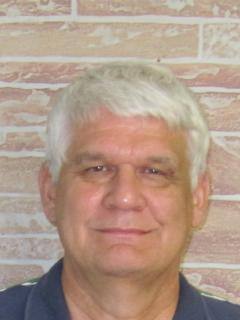DL: Okay let's start with the fur traders. You mentioned the fur traders as being depicted inaccurately in the textbooks. Would you say that it's true or false that they deliberately increased the price for things at the trading posts for Indians - 100 to 400 percent is what I remember reading.
JL: It depends on place and time. Are we talking 1862 or?
DL: Around the 1850s, 1860s.
JL: Okay. I don't know how many different fur traders there were at the Lower Sioux Agency and at the Upper Sioux Agency. If an Indian didn't like the trade, the Indian could go somewhere else. In 1862 the Indians were coming into New Ulm and St. Peter to trade. It was nothing to them to pack up and take a couple of days and come over to New Ulm if they didn't think they were getting a fair deal from their traders. But, interestingly, even Myrick who has a bad name now for telling the Dakota to eat grass still had his Indians, those people who were loyal to him and who always traded with him because they trusted him. Same with my great-great-grandfather Francois LaBatte. He had his Indians and the records show that he did a very good business. Not all of the fur traders decided to stop giving credits. The book suggests that they did. The exhibits and other products suggest that the fur traders were all white, and they weren't. My great-great-grandfather Francois LaBatte was half Dakota, and don’t tell me he tried to cheat his Dakota relatives.
There's an exhibit at Traverse de Sioux that says that Jefferson suggested that they use the fur traders to drive up the debts and then force the Indians to sell their land. Being in the exhibit like it is, it suggests that this was, in fact, U.S. government policy. I've asked them for proof and they cannot prove it.
DL: Nicollet County Historical Society in Saint Peter operates that
JL: That's not an MHS sign. If the fur traders made money in the treaties--many of them were married to Dakota women or had Dakota descendents--you can likely bet that they shared that money with their families and their extended families. To make a general statement that the fur traders cheated the Indians is not correct. I don't like criticism of any group of people from those times, and I don't like misinformation. It's exaggerated. The truth was sad enough, what happened. We don't need to embellish it.
DL: So in your point of view then, the Dakota had the opportunity to choose who they did trade with.
JL: Yes.
DL: And if they felt like they were being cheated at the Lower Sioux Agency, you believe they could have easily gone to New Ulm...
JL: New Ulm, Upper Sioux Agency.
DL: Or somewhere else?
JL: St. Peter was there at that time.
DL: For the same, to get a better deal.
JL: Yes, and we know they were coming in to New Ulm to trade.

